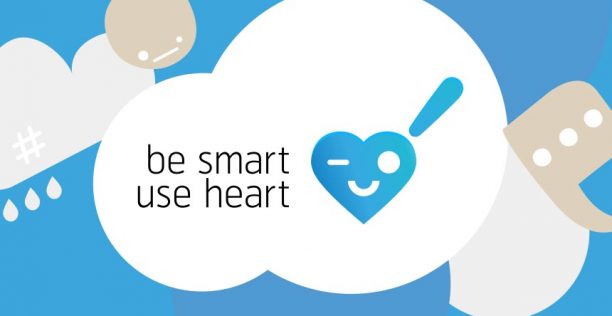Building skills for an accelerated digital future

A fundamental pillar of Telenor’s responsible business approach is digital access for all. We are committed to equipping people with the resources, knowledge and skills they need in an accelerated digital future, excluding no one.
The Building Skills for an Accelerated Digital Future programmes encompass the following elements i) include the digitally excluded, ii) impart skills needed to excel in the future, and iii) ensure a safe online experience for all. This is closely aligned with the global identity pillars of Include, Advance and Safeguard. The target beneficiaries of the Building Skills for an Accelerated Digital Future programmes will be children, youth and small and medium enterprises (SMEs) with gender as a cross-cutting theme.
Connectivity is the first step towards inclusion. We deliver affordable, essential connectivity services – opening the digital door of possibilities to millions. Inclusion is also a top priority for Telenor as an employer, seeing diversity as an essential ingredient to innovate and challenge.
To advance both ourselves and societies around us, we need future skills. The global pandemic has accelerated both the need for digital skills, as well as the digital divide underpinning it. Telenor has ongoing projects in several markets building key future skills for young people, especially girls – allowing more people to take advantage of the opportunities offered by connectivity. Internally, through the 40-hour challenge, we up-skill and re-skill thousands of employees every year, creating value for both the employees and the company.
For us, online safety and safeguarding customers when they use our services is at the heart of what we do. In all our markets, we work with our partners to help make the internet a safer, inclusive space. So far, we have trained over 4 million children in online safety across Europe and Asia. We never compromise on privacy and security and are always striving towards new solutions and services to protect our customers. We are guided by transparency and accountability in our operations, and our code of conduct is the platform that ensures we walk the talk.
Digital inclusion has long been a cornerstone of our responsible business conduct. Recently, the impact of the COVID-19 pandemic has affirmed the importance of reducing inequalities when it comes to mobile services and connectivity. With remote working, distance learning, telemedicine, and other remote services increasing at unprecedented rates, it is more important than ever to ensure access to essential services, supporting online safety and the acquisition of necessary skills in a digitalised future.
Our partnerships with organisations such as UNICEF and Plan International further our ambitions within Building Skills for an Accelerated Digital Future.
Our inclusive culture drives innovation and engagement in our global footprint. To understand what matters most to our customers, employees and society in general we need to have a diverse workforce. At the same time, to ensure a sustainable future for all, we need to be an inclusive partner in building future skills. We are always navigating new digital ways of educating our children, running businesses and maintaining critical societal functions. For Telenor, it is our commitment to support you, your business and the society we live in, and we want to do this responsibly.
Our initiatives also help address the UN goal to narrow the educational gap (SDG 4), which has been negatively impacted by the COVID-19 pandemic. Children from low-income countries have been disproportionately affected by the shift from physical to virtual classrooms. Worldwide, 2.2 billion children and young people lack internet access at home, especially in regions of South Asia and the Pacific. Our goal is to provide sustainable and resilient infrastructure (SDG 9), ensuring network access while building the necessary skills for new, innovative, digital modes of education (SDG 4).
Related initiatives
The purpose of DiGi’s Future Skills for All (FS4A) programme in Malaysia is to provide interactive content and tools related to computational thinking and computer science, increasing coding and programming skills.
DNA Finland’s Digital Academy of Entrepreneurs helps SME entrepreneurs digitalise their businesses through training in subjects such as digital marketing and online security.
Our Net-for-Living programme in Thailand assists traditional merchants and street food vendors access digital skills and technology, as this group has been especially vulnerable to the effects of the COVID-19 pandemic and the digital divide.

